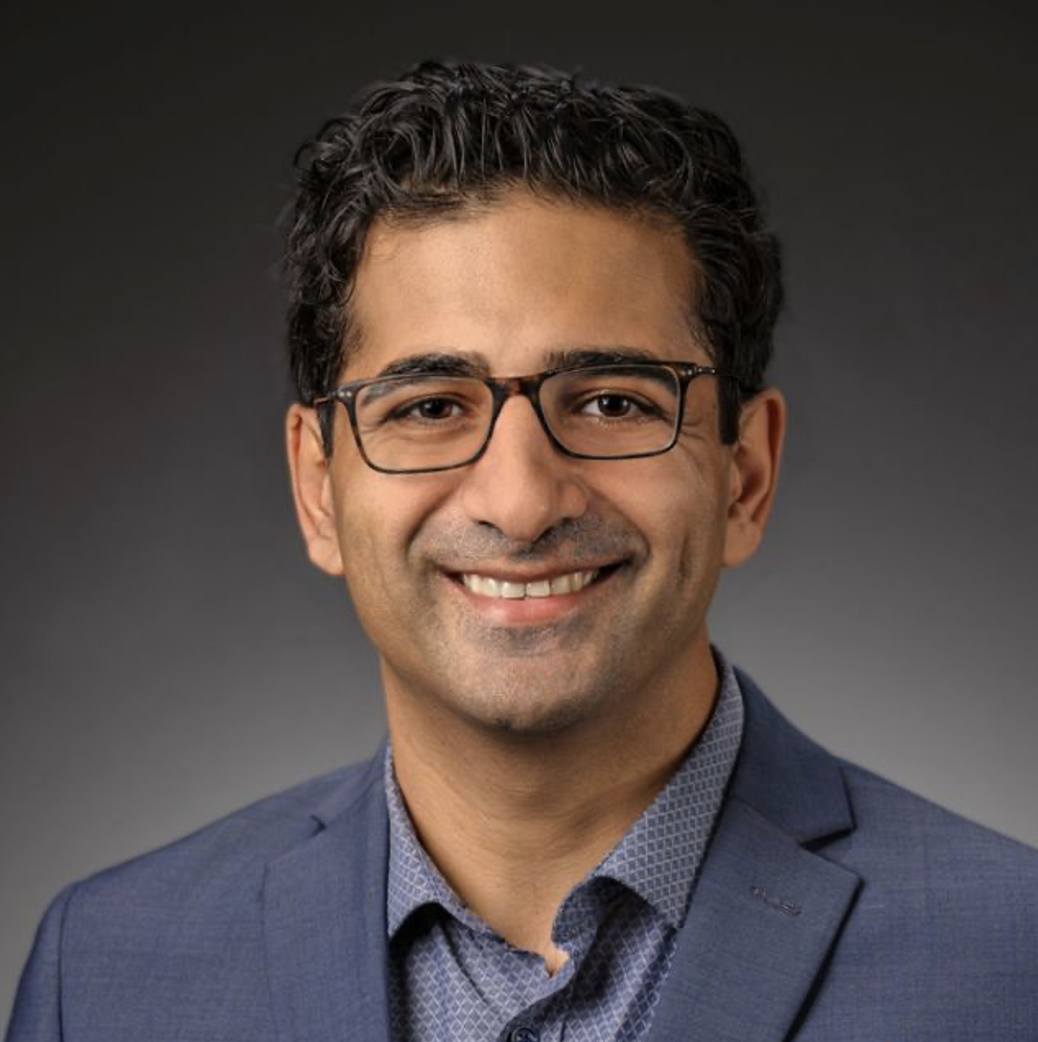Probabilistic Computing with p-bits: Optimization, Machine Learning and Quantum Simulation
9th October 2025
Timing : 1 pm ET
Please use this zoom link for joining the webinar
For a list of all talks at the NanoBio seminar Series Fall'25, see here
Dr. Kerem Camsari
Associate Professor
Kerem Y. Camsari is an Associate Professor of Electrical and Computer Engineering at UC Santa Barbara. He received his Ph.D. from Purdue University in 2015 and continued there as a postdoctoral researcher until 2020. His research spans quantum transport and probabilistic computing, where he helped introduce p-bits and p-circuits as a practical bridge between classical and quantum hardware. His work has been published in Nature, Nature Electronics, Science Advances, and Physical Review X, and he has delivered over 50 invited talks at venues including APS, DRC, MMM, IEDM, and VLSID. He has served on program committees for DATE, ICRC, and IEDM, and currently leads the unconventional computing section of the IEEE Nanotechnology Council’s technical committee. Kerem’s honors include the Bell Labs Prize, Misha Mahowald Prize, IEEE Magnetics Society Early Career Award, ONR YIP, and NSF CAREER. He was an IEEE Distinguished Lecturer in 2024 and is a senior member of IEEE.
Associate Professor
Kerem Y. Camsari is an Associate Professor of Electrical and Computer Engineering at UC Santa Barbara. He received his Ph.D. from Purdue University in 2015 and continued there as a postdoctoral researcher until 2020. His research spans quantum transport and probabilistic computing, where he helped introduce p-bits and p-circuits as a practical bridge between classical and quantum hardware. His work has been published in Nature, Nature Electronics, Science Advances, and Physical Review X, and he has delivered over 50 invited talks at venues including APS, DRC, MMM, IEDM, and VLSID. He has served on program committees for DATE, ICRC, and IEDM, and currently leads the unconventional computing section of the IEEE Nanotechnology Council’s technical committee. Kerem’s honors include the Bell Labs Prize, Misha Mahowald Prize, IEEE Magnetics Society Early Career Award, ONR YIP, and NSF CAREER. He was an IEEE Distinguished Lecturer in 2024 and is a senior member of IEEE.
